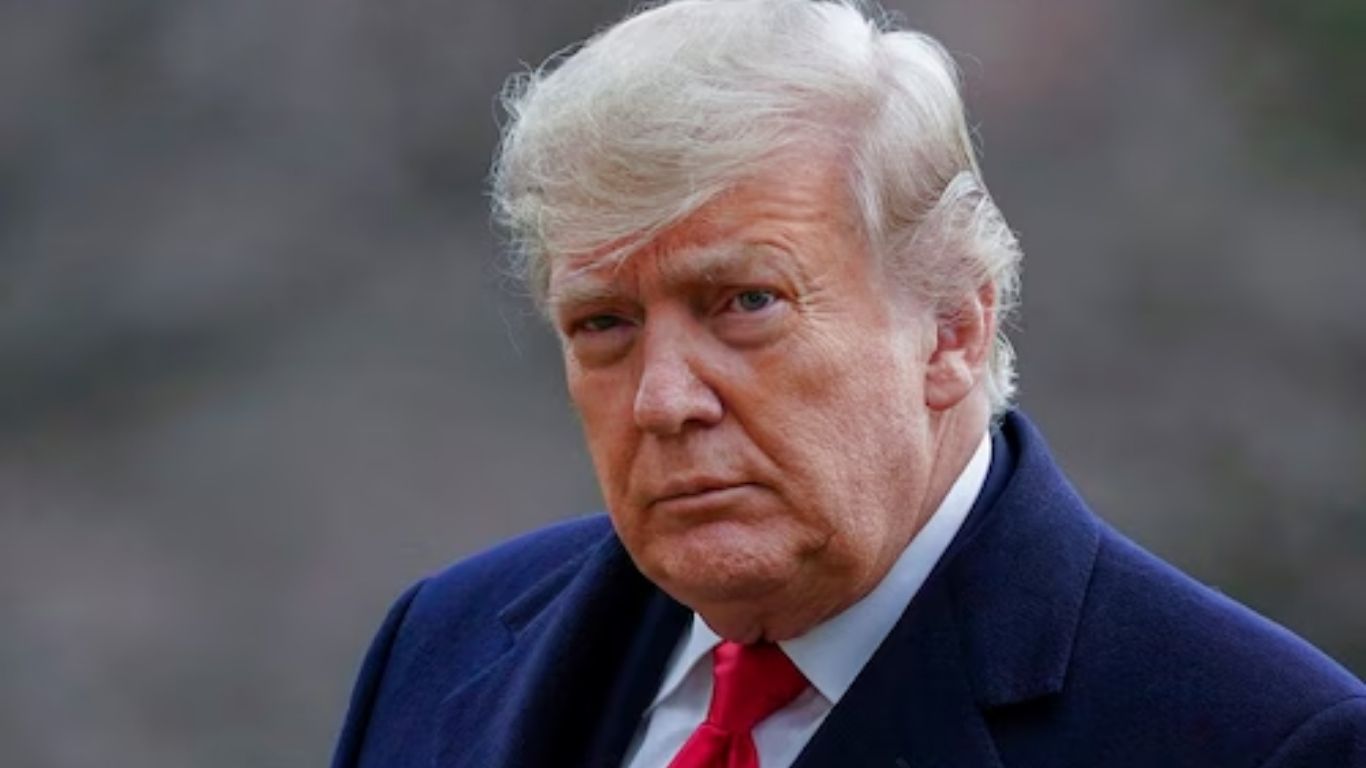A new U.S. executive order demands that AI systems sold to the government remain free of ideological bias, challenging tech companies to navigate a complex cultural debate. The directive aims to ensure neutrality but raises concerns about stifling efforts to address AI’s inherent biases.
Pune| 26 July, 2025: On July 23, 2025, U.S. President Donald Trump introduced a groundbreaking executive order aimed at preventing what he terms “woke AI” in federal government use, placing tech companies in a delicate position as they vie for lucrative contracts. The directive, one of three AI-focused orders, requires firms like Google, Microsoft, and OpenAI to prove their AI language models—such as Gemini, Copilot, and ChatGPT—are free from ideological influences like diversity, equity, and inclusion (DEI) principles. This move has sparked a wave of concern among civil rights advocates and tech experts, who fear it could undermine efforts to make AI fair and inclusive for all users.

The order targets the internal policies that shape AI behavior, demanding transparency from companies about how their chatbots are designed to respond. It comes amid a broader push by the Trump administration to counter China’s AI advancements while embedding American values into technology. However, the focus on eliminating perceived ideological bias has drawn comparisons to China’s strict AI censorship, though the U.S. approach relies on market pressures rather than direct regulation. Tech giants now face the challenge of aligning their AI systems with this directive while maintaining their commitment to addressing biases that studies show are deeply embedded in AI, often reflecting societal prejudices found in online data.
For companies like Microsoft and Google, which have remained silent on the order, compliance could mean rethinking years of work to reduce racial and gender biases in AI outputs. These efforts have included fine-tuning models to avoid harmful stereotypes, such as those seen in past AI image generators that favored lighter-skinned individuals. The directive’s emphasis on “truth-seeking” AI, a concept championed by figures like Elon Musk, adds complexity, as large language models are inherently shaped by the diverse and often contradictory data they’re trained on. This makes achieving ideological neutrality a daunting task, potentially pushing companies to self-censor to secure government contracts.
The order has also reignited debates about the role of AI in society, with advocates warning that dismissing DEI efforts could perpetuate discrimination in technology that impacts millions. For everyday users, this could mean AI systems that are less equipped to serve diverse communities fairly. Meanwhile, the tech industry is caught in a balancing act, striving to meet federal requirements without abandoning their progress toward inclusive AI. As the order awaits further study before becoming official procurement policy, its ripple effects are already prompting soul-searching among developers and policymakers alike, with the future of ethical AI hanging in the balance.
Follow us On Our Social media Handles :
Instagram – https://www.instagram.com/newsdotz/
Youtube – https://www.youtube.com/@NewsDotz
Facebook – https://www.facebook.com/profile.php?id=61573903448264
Twitter – https://x.com/NewsDotz
Also Read- Pune



